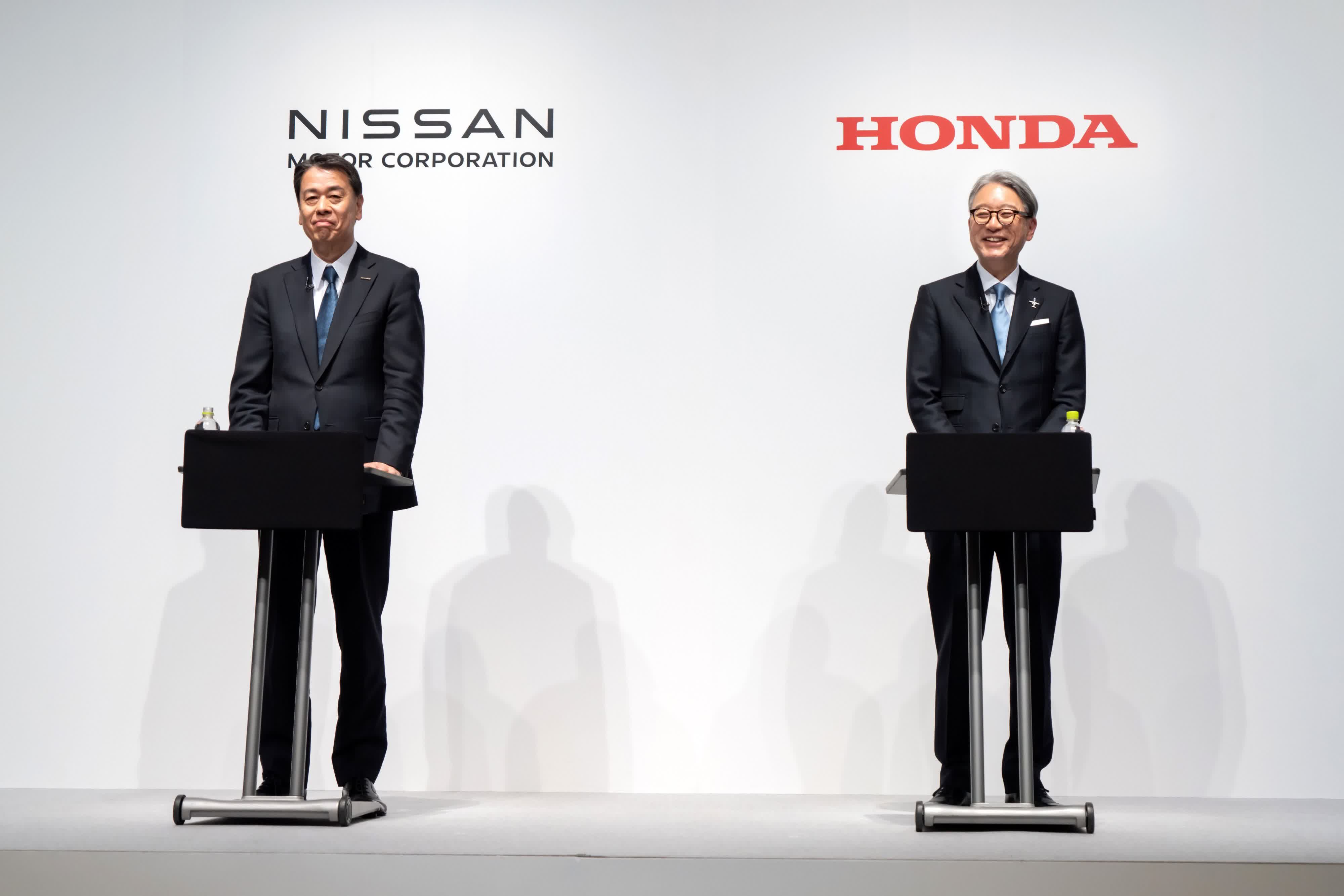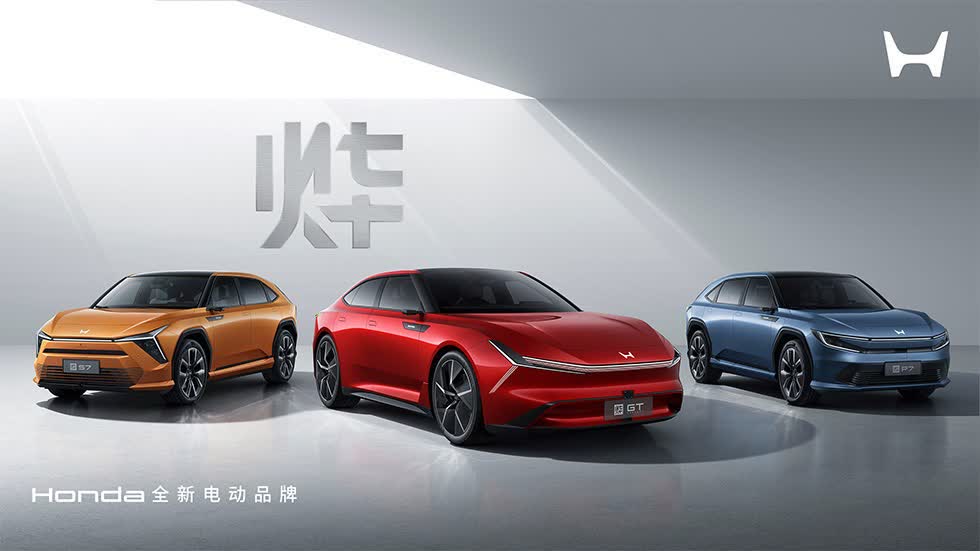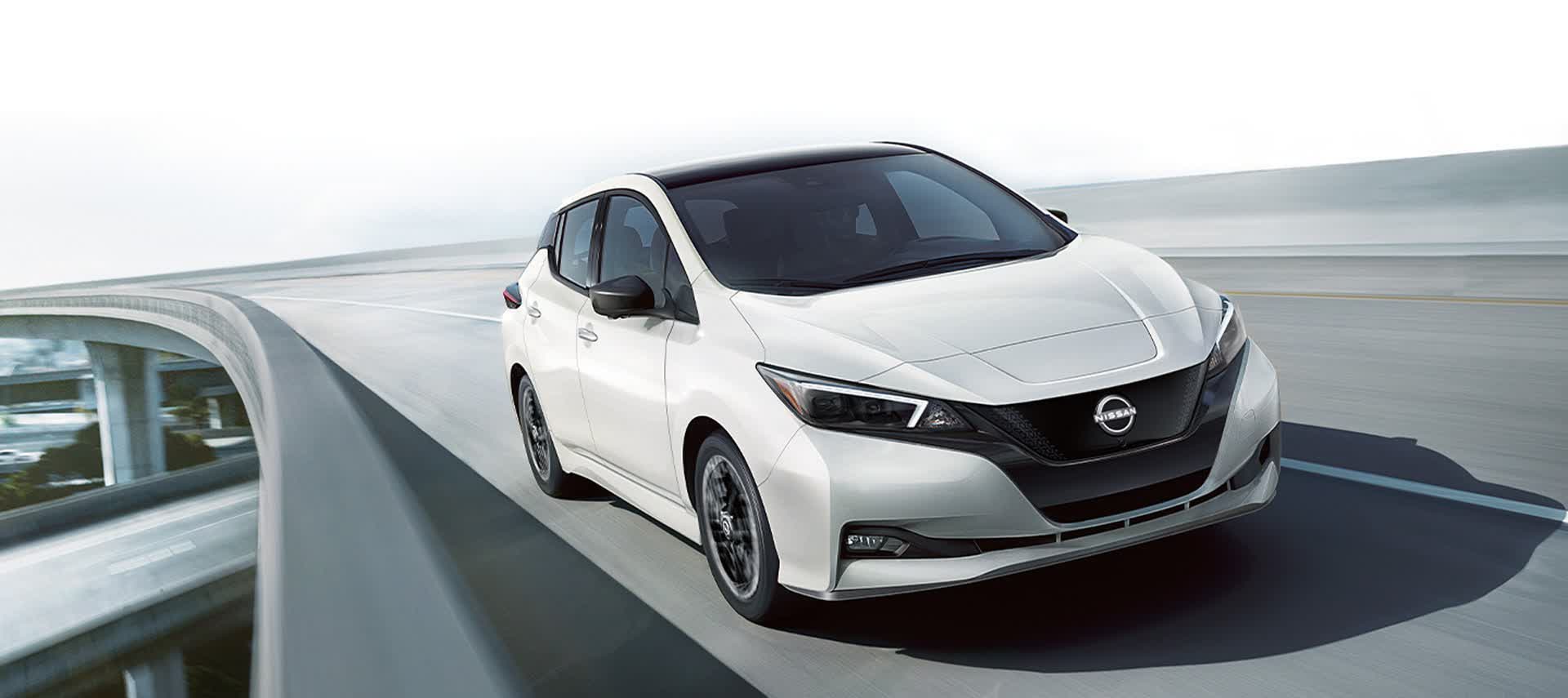What just happened? Much of the conversation surrounding electric vehicles has centered on newer automakers like Tesla and BYD, while traditional giants such as Ford and Honda strive to transition from gas-powered vehicles. Honda has spent years attempting to enter the EV market through collaborations, but recent reports suggest that an outright merger may now be on the table.

Sources recently informed Nikkei Asia that Nissan and Honda are moving toward signing a memorandum of understanding to create a joint holding company, with the possibility of negotiating a merger afterward. The report triggered a 23.7 percent increase in Nissan's stock price on the Tokyo Stock Exchange, while Honda's stock fell by around three percent.
Honda sought to dampen speculation that it and Nissan are planning to merge in order to strengthen their positions in the growing electric vehicle market. While the two companies do intend to pool resources for EV development, no concrete decisions have been made.

In response, Honda reiterated its commitments from March and April to share components and AI research with Nissan and Mitsubishi, emphasizing that they are still considering various possibilities. Combined, Nissan and Honda would become the world's third-largest automotive group by sales, behind Toyota and Volkswagen.
Like other traditional automakers, the two Japanese corporations have been somewhat slow to enter the EV market compared to younger, EV-native giants like Tesla and BYD. Elon Musk's US-based company is by far the world's most valuable automaker, and the only one worth over $1 trillion.
Meanwhile, China's BYD, which ranks third with a $108 billion market cap, has disrupted the industry with highly affordable new vehicles. Some of the company's models retail for under $10,000 in certain regions, prompting the US and EU to impose sharp tariffs on Chinese EVs and other clean-energy products. Cost has been a major barrier to EV adoption, with other companies struggling to lower prices.

Honda previously announced plans to cooperate with Sony and GM to develop EVs. The latter initiative aims to produce low-cost vehicles starting in 2027.
The Japanese automaker plans to transition completely to zero-emission vehicles by 2040 and achieve carbon neutrality by 2050. Honda's US-based EV fleet currently includes several hybrid cars and two all-electric SUVs: the 2024 Prologue, starting at $47,000, and the 2025 CR-V Fuel Cell, starting at $50,000. Nissan's current flagship all-electric models include the 2024 Ariya, starting at $39,590, and the 2025 Leaf, starting at $28,140.
Nissan shares jump nearly 24% following reports of Honda merger talks